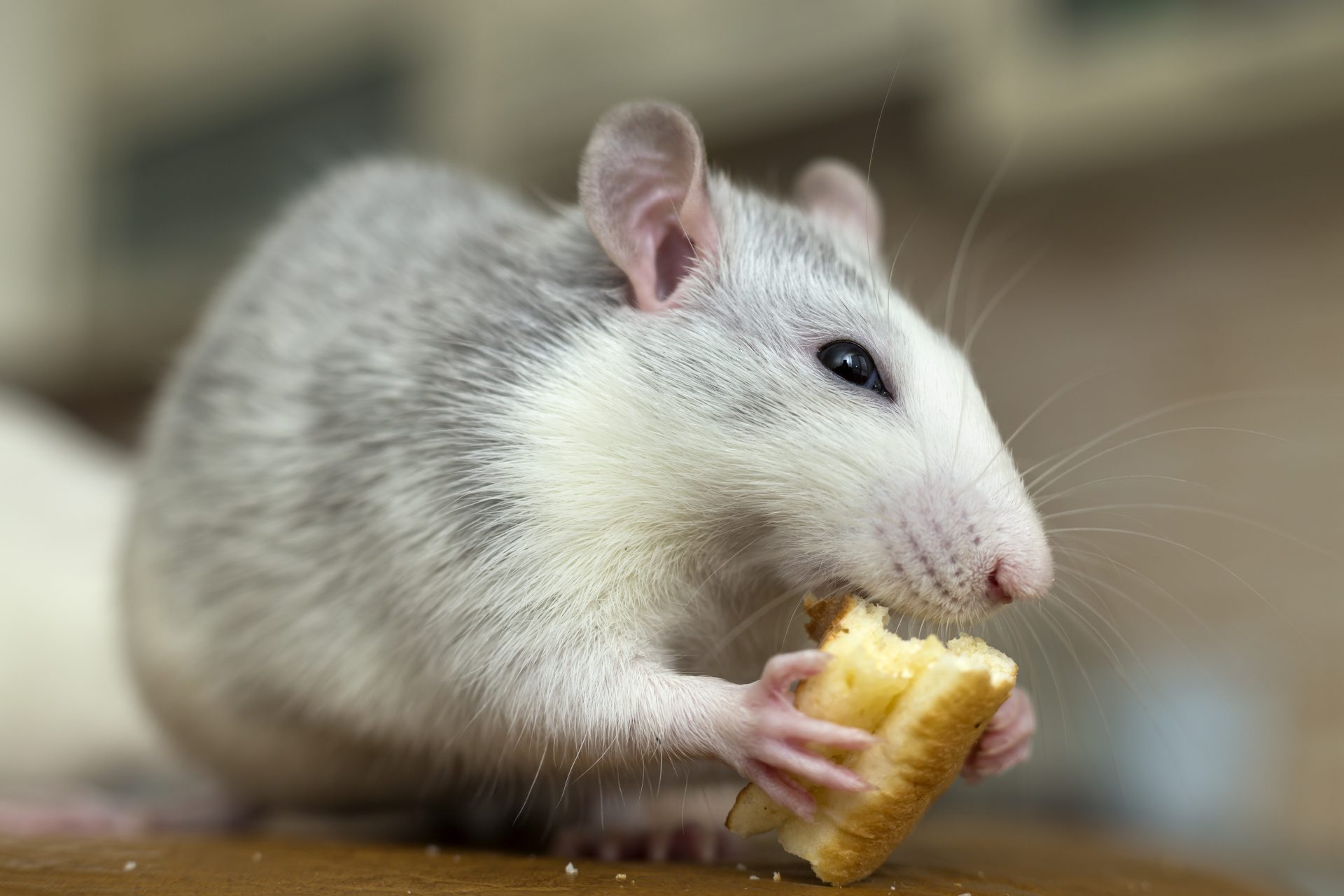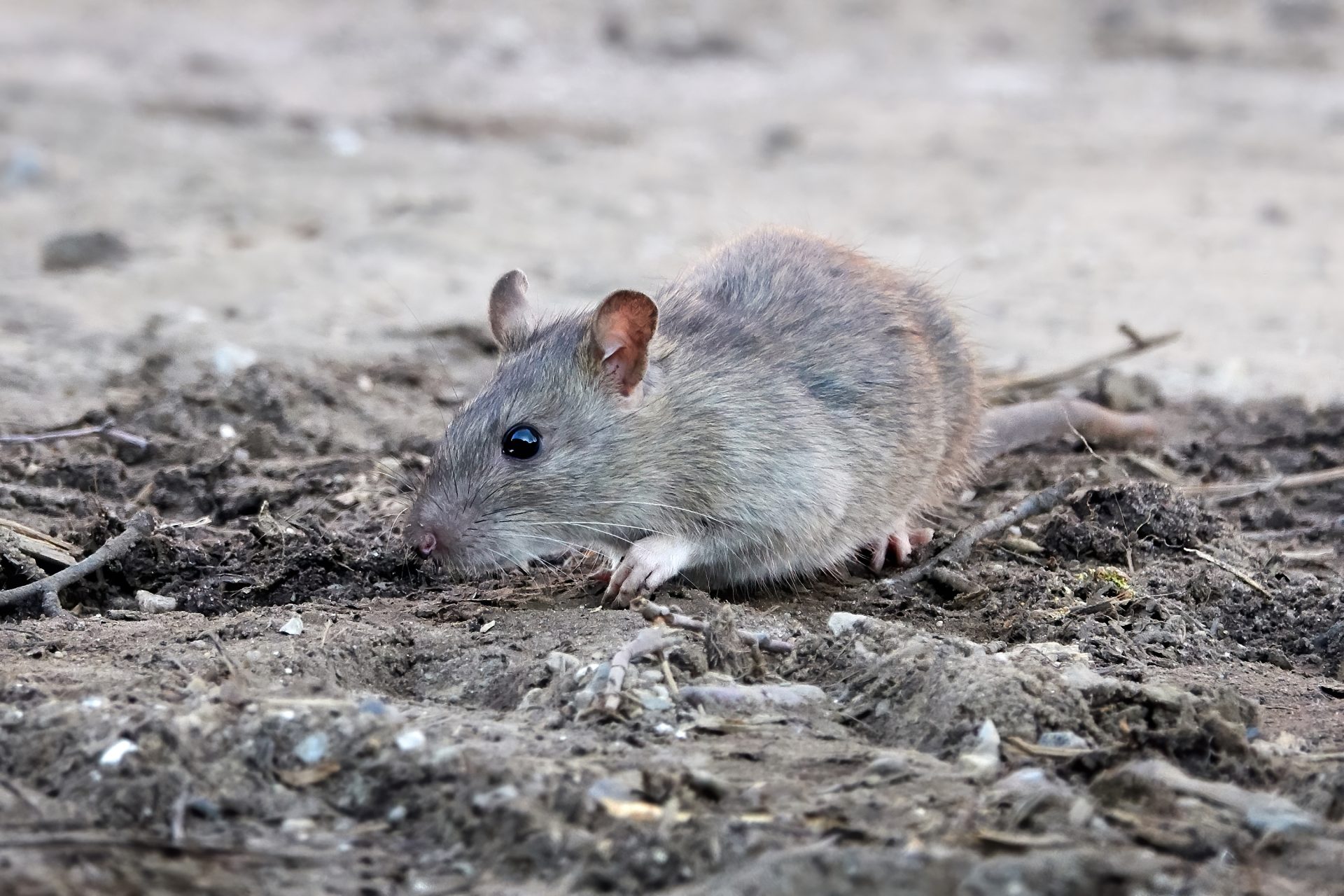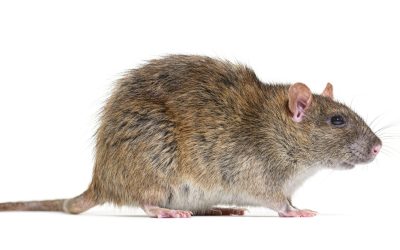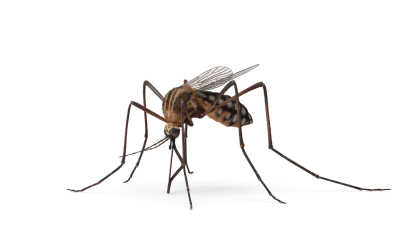Rats and mice are both rodents, which means they are very similar. It requires a closer look to find the difference between mice and rats. If you’ve found something scurrying down the kitchen, rodent dropping, or suspect rat odor, this article will help you know what you’re dealing with.
Differences between rats and mice
Body size remains one key difference between rats and mice as there’s a considerable size difference between these two:
- While a mouse possesses a small slender body, rats are larger.
- Rats have larger heads that complement their larger size while mice have smaller heads with large ears and eyes relative to their head. Therefore, larger heads tell you it’s a rat.
- Mice also have a long and slender hairy tail that matches their body size.
- Rat tails, on the other hand, are shorter and hairless. Rats also have thicker tails.
- Checking for a hairy or hairless tail can help you identify the type of rodent.
- The size difference of their fecal drops can also help in identification. Rat droppings are larger than mice droppings and they may both look like squirrel poop.
Similarities between rats and mice
Despite the differences they might share, rats and mice do have some traits in common, for example:
- Rats and mice are both agile climbers.
- They both cause structural damage: they can chew through electrical wiring and insulation and cause serious damage.
- They are both nocturnal and do not like bright light.
- They spread diseases carried by ticks, mites, and fleas through urine, saliva, and mouse droppings.
What do rats and mice eat?

As a result of their larger size, rats consume more food items than common mice. They generally prefer protein-rich foods like meat, fish, and pet food. Mice, on the other hand, prefer fruits, nuts, peanut butter, and vegetables to most food items like cheese.
While these two types of rodents may have their food preferences, they will generally eat whatever they can find. Rather than starve, a mouse would happily feast on your pet food, fish, cheese, and other protein-rich foods. If they can’t find anything edible, they resort to eating their tails. A female mouse may even have the tendency to eat her offspring.
How often do rats reproduce?
Female rats attain sexual maturity at about 8 to 12 weeks of age. Male rats, on the other hand, attain sexual maturity between 6 to 10 weeks. Female rats are usually in heat every 4 to 5 days and can be in heat as early as 48 hours after giving birth.
Depending on the rat species, the females produce litters of 8 to 18 rat pups and can produce up to 7 litters in a year.
A female rat’s average gestation time is between 21 and 23 days, and she can become pregnant again promptly after giving birth.
How often do mice reproduce?
Female mice typically attain sexual maturity between 6 to 8 weeks of age. A single litter contains up to 8 mice pups. Mice have a gestation period of 19 to 21 days, and they can get pregnant again quickly after giving birth. This means adult mice are capable of producing new pups after every 21 to 25 days. Theoretically, adult mice can produce up to 10 liters containing 8 mice pups in a year. As such, two stray mice in your home would result in a mice infestation if not controlled.
There isn’t much difference between mice and rats’ rate of reproduction as they both can reproduce at alarming rates and lead to an infestation.
If you’ve noticed structural property damage and you are worried about a mice infestation, these common household pests reproduce very quickly and you should consider hiring a pest control service immediately.
How long do rats and mice live?
The life expectancy of this adult rodent depends mostly on environmental factors, it also varies depending on the different rat species. For instance, roof rats (you can identify them because they have brown bodies) can naturally live up to a year while domestic rats can survive up to five years.
Access to food sources, environmental conditions, and exposure to predators can affect the lifespan of adult rodents. A mouse or rat that finds its way into your home can live its full lifespan consequently resulting in rodent infestation unless you opt for rodent control measures.
House mice (Mus musculus) and deer mice, both of which can have gray or brown bodies, can live up to a year. Field mice will also live up to a year. A domestic mouse, on the other hand, can live up to two years. Typically, indoor rodents are safe from predators and have access to food sources. Homeowners will have to control these pests to avoid a rodent infestation.
Difference between mice and rats’ behavior
Despite being part of the rodent family, there are behavioral differences between mice and rats:
- Mice are bold and curious creatures when compared to rats. Mice tend to explore their surroundings and their curiosity can lead them straight into a mouse trap.
- In contrast, rats live in fear and even a baited trap might not trick a rat easily. However, you can try placing your rat trap unset at first.
- Mice are excellent climbers and would find it easy to nest in your attic or high structures. Their head size allows them the luxury of passing through small space vents and space openings. Rats are also excellent climbers but would rather nest in low structures.
- The ability to interact with others of their kind is another difference between mice and rats. Rats are more social with themselves while mice are territorial and aggressive, making them less likely to play with each other.
Rats vs. Mice: Which causes more property damage?
Rats and mice can both cause significant property damage. They can chew on furniture and household items. Rats are stronger than mice, they also have stronger teeth and can chew their way through stronger and larger items including cinder blocks. Additionally, these two can also cause rat odor from urine and carcass, making breathing unbearable in your home.
If you’ve found mice dropping in dark areas or noticed these agile climbers running up your roof or scratching inside walls, then it’s time to call a professional pest control agency. We would check for and prevent possible infestation of your property.
At Shoreline Environmental Pest Solutions, we offer excellent pest removal services at affordable prices. Contact us today for a no-cost inspection and a free quote. Let’s get the situation under control before it’s too late!





0 Comments